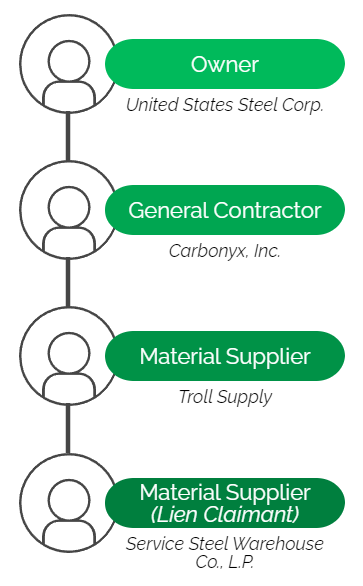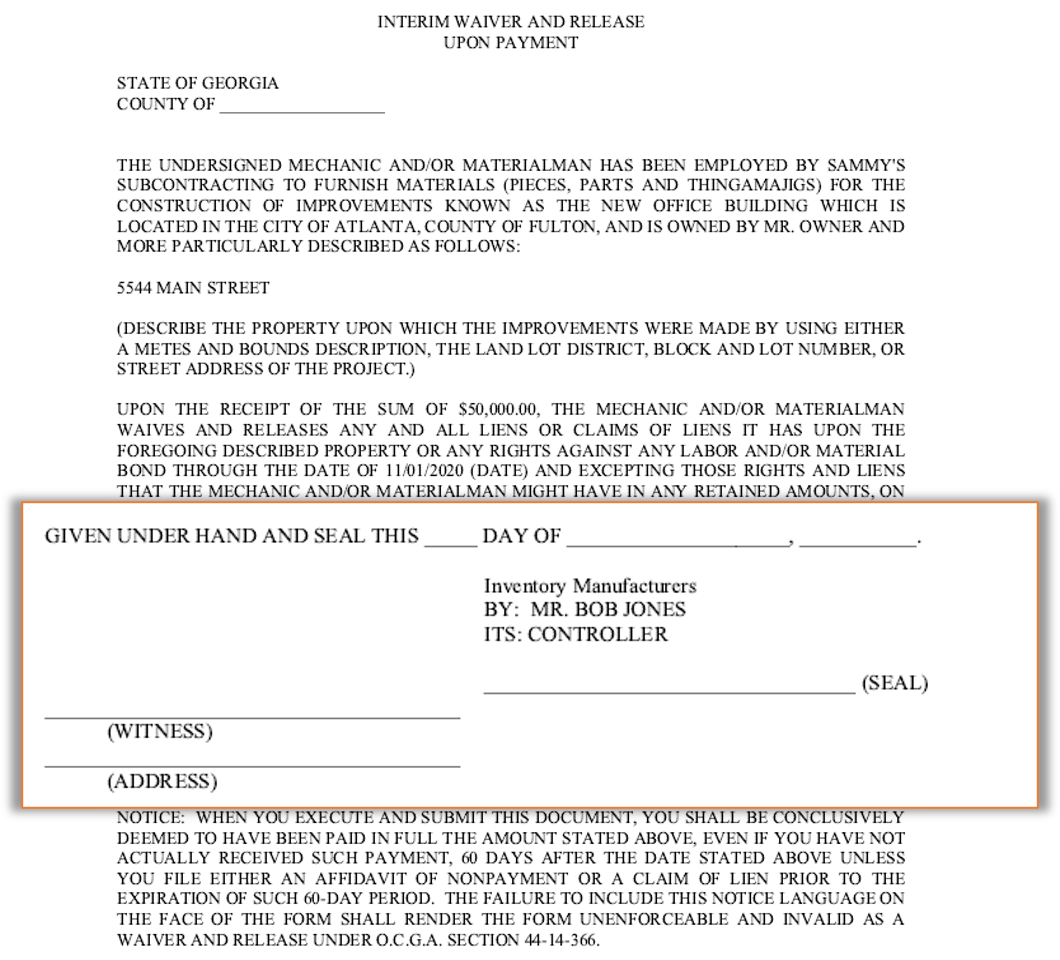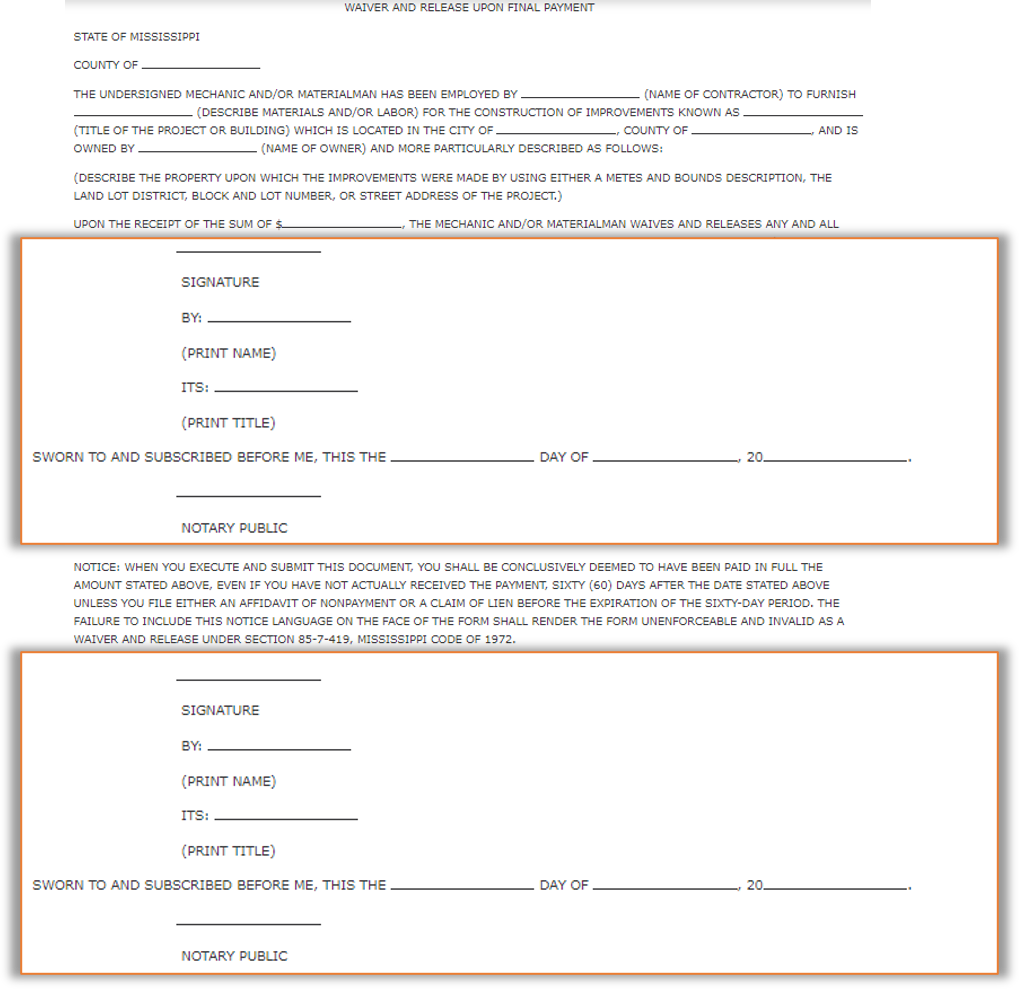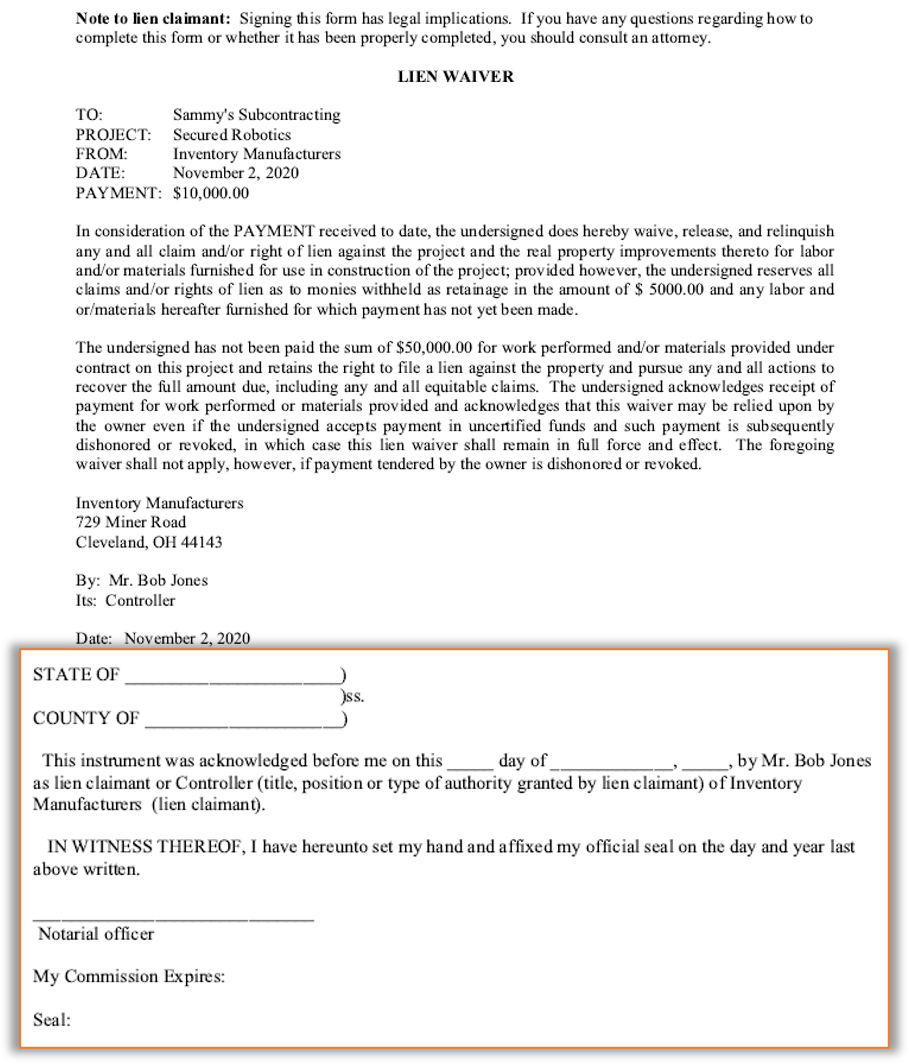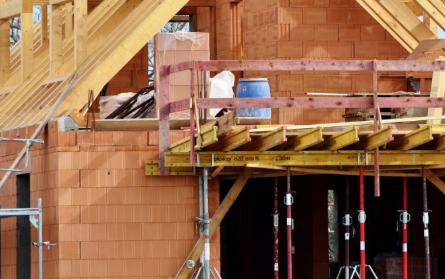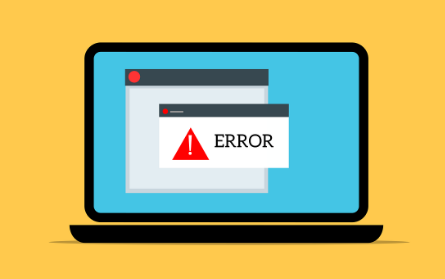
“Judge, My Bankruptcy Proof of Claim is Late, But I Have a Good Reason!”
And What’s the Reason? “Um, I Forgot My Password.”
We’ve discussed bankruptcy proofs of claim before and the importance of filing them timely (i.e., don’t miss the bar date!). And when this case crossed my desk, I couldn’t help but share it with you. Why? Because it’s a $53 million example of the bankruptcy courts not messing around. When the bar date is set, you’d better have a darn good excuse for missing it, because a deadline is a deadline – you miss it, you lose it. What’s a good excuse? Well, I’ll give you a hint, waiting until the last minute and forgetting your password is not a good excuse, as one attorney discovered.
Briefly, What Is a Bankruptcy Proof of Claim?
A proof of claim is a document filed within the bankruptcy court that alerts the court, debtor, Trustee, and other interested parties that a creditor wishes to register a claim against the assets of the bankruptcy estate. This document is important because it provides proof that the claim is valid and owed and it notifies the Trustee of the creditor’s claim as well as to what class the claim should be associated.
The Bar Date is a Deadline, Don’t Miss It
The Case: In re U-Haul Co. of W. Va., 2:21-bk-20140 (Bankr. S.D.W. Va. Dec. 10, 2021)
Quick Backstory: About 10 years prior to the bankruptcy filing, there was a class action lawsuit against U-Haul. The Ferrell Class (the class action claimant) was comprised of over 320,000 claimants and sought over $53 million in compensation from the lawsuit.
Fast Forward to Bankruptcy Case: U-Haul Co. of W. Va. filed for bankruptcy protection June 2021. On July 23, 2021, the Clerk of Court set the bar date for August 25, 2021 (So, all parties with claims had a little over a month to file their claim.)
A separate order was entered to allow the Ferrell Class to file claims on behalf of the entire class – which makes sense — what a pain it would be to deal with 320,000+ individual claims. When the court entered the order for the Ferrell Class to file its claim, it included the following:
“The deadline for the Class Claims is August 25, 2021 at 11:59 p.m. The Class Claims must be actually received by the Clerk of the Court on or before that date and time, or such claims shall be forever barred.”
The order also included the various ways to submit the claims: file electronically, in person, via mail, etc.
Claim is Late, Debtor Wants the Claim Barred: OK, I’m going to paraphrase here, but essentially the attorney filing the claim on behalf of the Ferrell Class sat down at his computer late in the day on August 25. He goes to log in to PACER (court electronic filing system) to file the claim, but he can’t remember the login information. I picture someone saying “Uh, the dog ate my homework” but circa 2021/2022 with “Um, Judge, I can’t remember my password.” Because it’s after business hours, there is no one to help him reset his online access, AND since he waited till the last minute, he scrambled to try and do the next best thing… email?
According to the court opinion, the attorney “emailed the Ferrell Class Claim to all counsel in the case one hour and twenty-six minutes late and filed the claim nine hours and 45 minutes late upon obtaining the correct filing credentials.”
The court was not amused. I’m picturing a student being scolded by a teacher – “You’ve had ample time. You’ve done this correctly before. I don’t understand what the problem is.” Of course, the court wasn’t quite so casual or crass, and heard the attorney out.
But It’s an Honest Excusable Mistake: Ultimately, the debtor wanted the Ferrell Claim barred because it was late. The attorney for the Ferrell Class argued that “technical difficulties” (i.e., I can’t remember my password) made it impossible for him to file his claim, and the claim should be allowed as timely under the “excusable neglect” standard.
I will save you from the cringeworthy efforts and excuses (though you can click here to read it in the opinion) and summarize: the attorney pleaded with the court to not punish the class for the missteps of the attorney.
Alas, the court determined the attorney’s neglect was inexcusable. “The reason for the delay in filing was entirely within the control of counsel to the Ferrell Class… the Ferrell Class had ample notice of the Bar Date as well as the dire consequences that would result from missing the deadline.”
Oh boy, here it comes:
“This failure to plan and allot necessary time to file the proof of claim was not due to any “technical difficulties” as the Ferrell Class asserts. The Ferrell Class does not allege that the late filing was caused by any defect of the CM/ECF system. It is no excuse that the Clerk’s office was closed when counsel attempted to file the claim after business hours on the night it was due. Counsel had over a month to file the claim, during which he could have contacted the Clerk’s office during business hours at his convenience. The deadline was missed in this case due to a careless disregard for the Bar Date, applicable Bankruptcy Rules, and the explicit terms of the Bar Date Order. Compliance with the deadline (or not) was entirely within the control of counsel to the Ferrell Class, and the failure to comply under these circumstances is inexcusable.”
What’s the saying?
“A lack of planning on your part does not constitute an emergency on my part.”
Yeah… it fits.
This is a painful – $53M painful – lesson in missed deadlines.
Creditor in a Bankruptcy? Always Remember
- Be on Time: Too often, creditors miss the bar date to file. Today’s case in point!
- Know your Claim: Include all amounts owed for all accounts and affiliates.
- Secured or Unsecured: Know whether you are a secured creditor and file properly. (Note, a creditor can have a secured & unsecured claim in the same bankruptcy.)
Need Help? NCS can assist in filing your bankruptcy proof of claim, contact us today!

